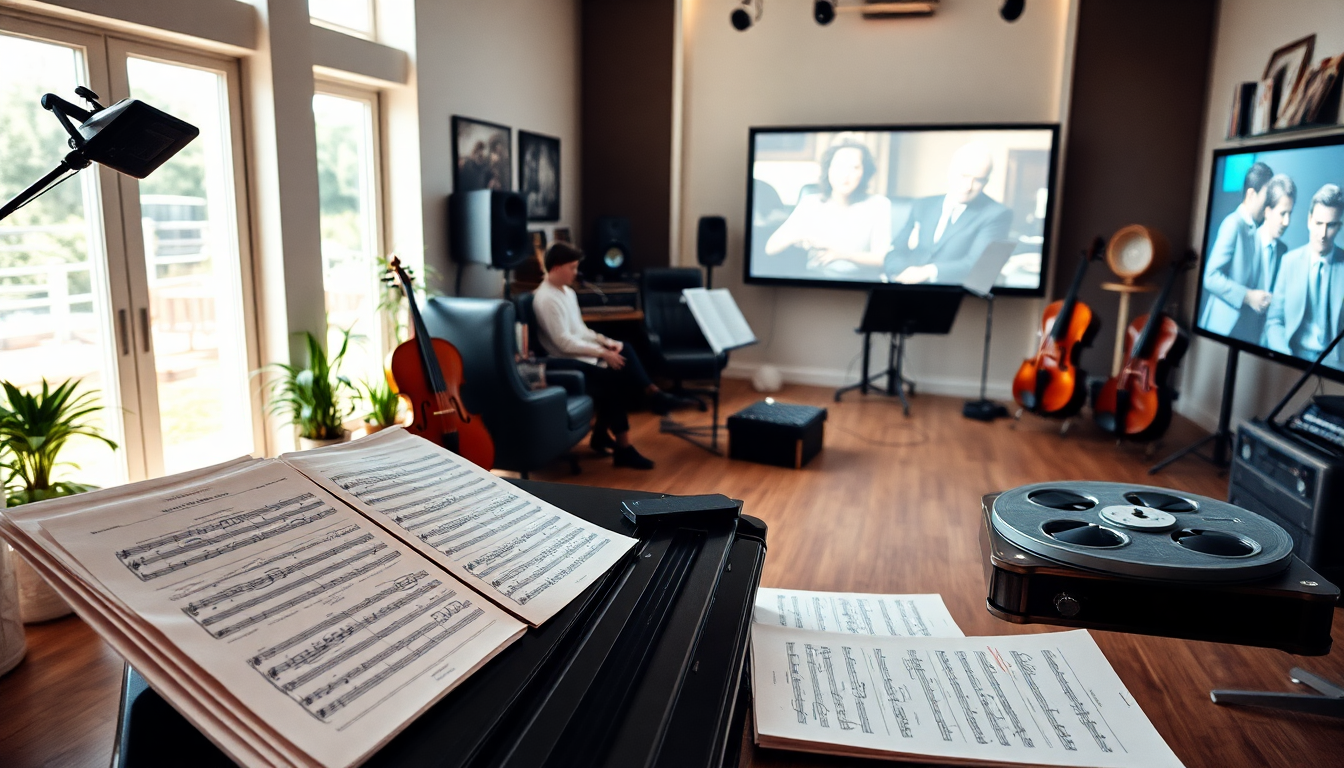Table of Contents
John Williams is more than just a name in film music; he’s a legend whose scores have defined the sound of modern cinema. With a career that stretches over sixty years, he’s behind some of the most iconic soundtracks ever, including those for ‘Star Wars,’ ‘Jaws,’ and ‘Schindler’s List.’ But in a recent interview, this celebrated composer shared an unexpected perspective on the genre he has helped shape, revealing a surprising detachment from the very medium that has made him a household name.
Williams’ Perspective on Film Music
In a candid chat with biographer Tim Grieving, Williams didn’t hold back about his critical view of film music. He expressed a belief that much of it lacks the depth and lasting impact that traditional concert music possesses. “Film music, however good it can be – and it usually isn’t, other than maybe an eight-minute stretch here and there,” he stated. This remark suggests a skepticism towards the nostalgic reverence often heaped on film scores, as he argues they tend to be “ephemeral” and fragmented.
This perspective might come as a surprise, especially when you consider the monumental contributions he’s made to the field. Williams has created scores that are not just memorable but have become integral to the films they accompany. His music has a remarkable ability to evoke emotions and enhance storytelling, yet he seems to question whether it can truly stand alongside the classics of concert music.
The Legacy of John Williams
Despite his critical take, there’s no denying that Williams has left a profound mark on film music. His compositions for ‘Fiddler on the Roof,’ ‘Jurassic Park,’ and ‘Indiana Jones’ aren’t merely background scores; they’re essential characters that elevate the storytelling of the films. Williams draws inspiration from classical and romantic composers, like Johannes Brahms and Pyotr Tchaikovsky, which adds a rich layer to his work. This blend of cinematic and classical styles is part of what makes his scores resonate with audiences across generations.
Moreover, Williams hasn’t limited himself to film alone. He’s also composed a variety of concert works that showcase his classical training and passion for orchestration. His ability to navigate these two worlds highlights his versatility as a composer and his deep understanding of music. His latest original score for ‘Indiana Jones and the Dial of Destiny’ in 2023 is a testament to his enduring relevance in the industry.
Conclusion: The Duality of Film Music
Ultimately, Williams’ comments spark a broader conversation about the nature of film music and its place in our culture. While he acknowledges the artistry involved in composing for film, his critique nudges us to think about what it really means for music to transcend its medium. Can film scores attain the same revered status as classical masterpieces? Or are they always going to be tied to the fleeting nature of cinema? These questions linger in the air, inviting us to reflect even as we celebrate the incredible body of work created by John Williams.


